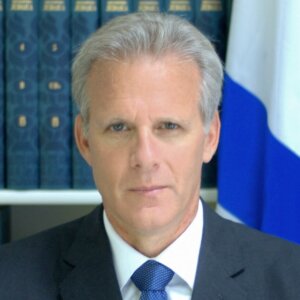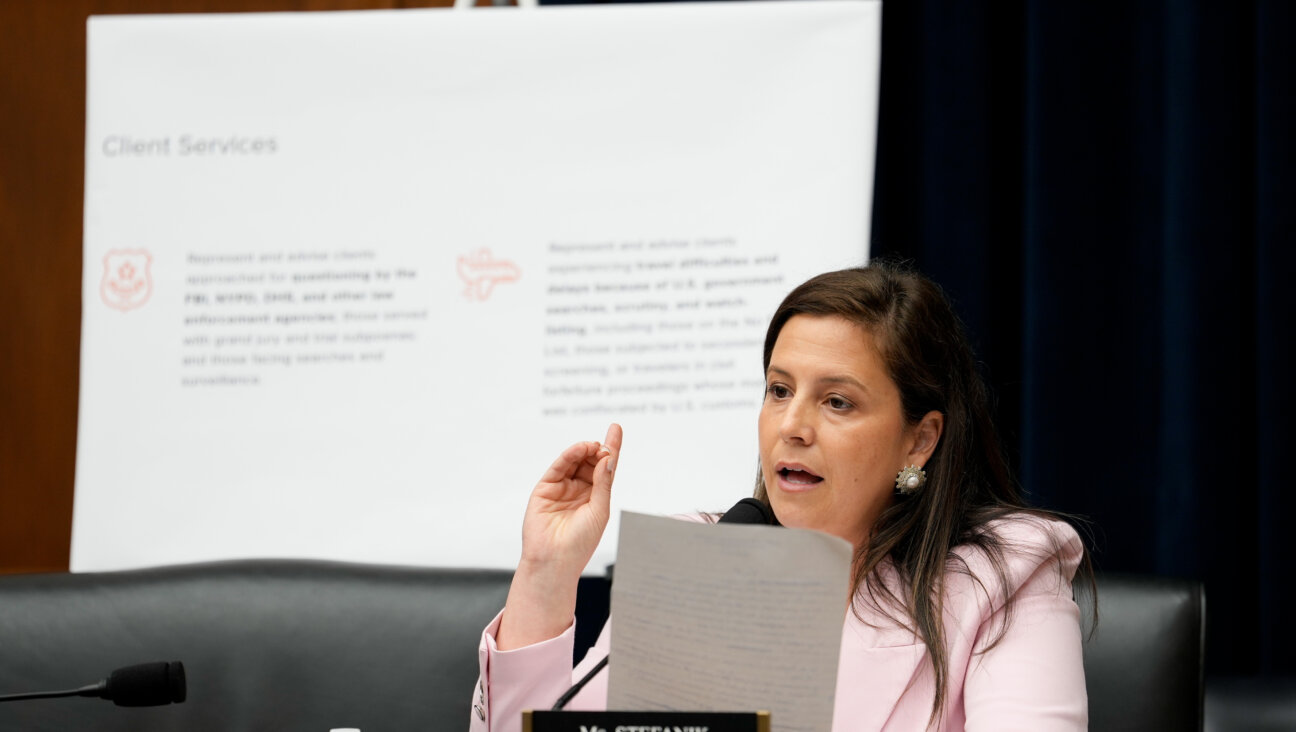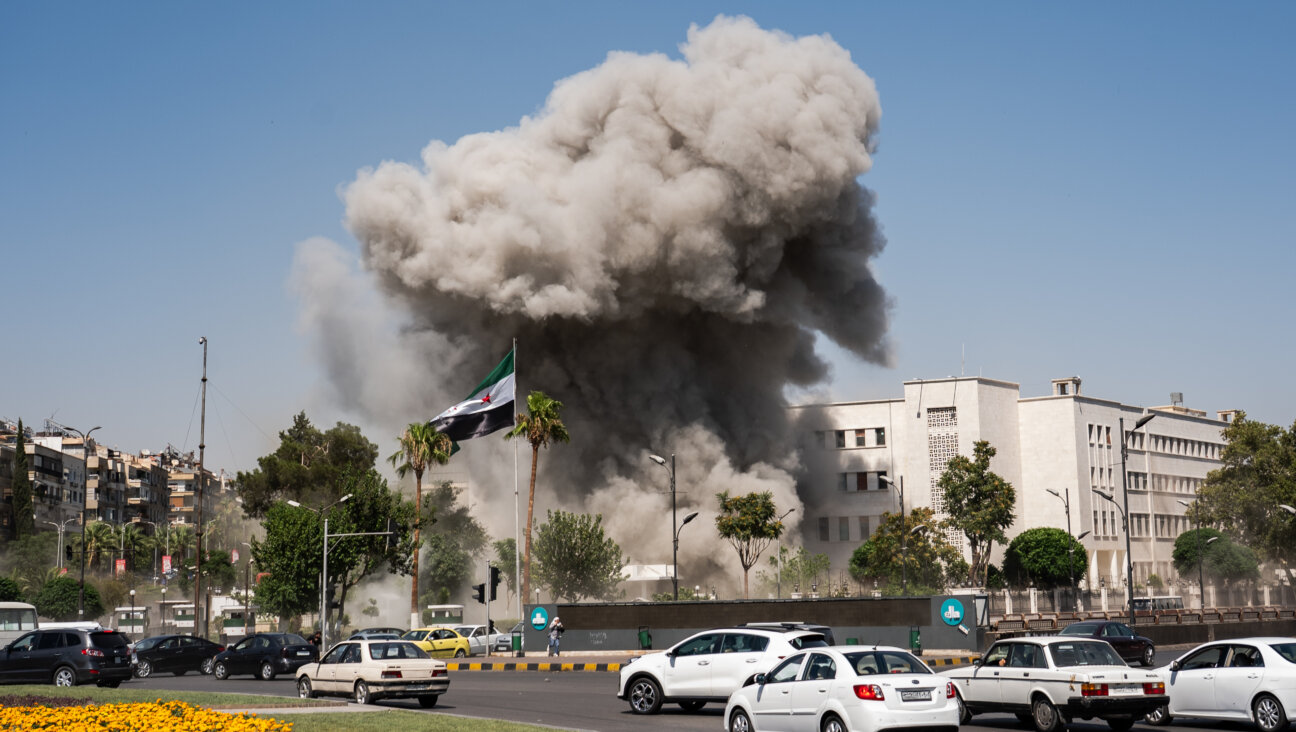On Memorial Day, Reason to Remember
Sixty-six years ago this month, the war in Europe ended. My father, a corporal in a combat engineer company that had fought from Normandy through the Bulge, remembers looking up at a squadron of Allied bombers dropping leaflets over recently liberated territory. “Nazis Quit!” they read. He still has one of those leaflets, laminated, hanging on a wall in his home.
The world was celebrating, people dancing in the streets. But the Jewish people could not partake in those festivities: A third of them were dead — 6 million of them shot, starved and gassed. The few hundred thousand survivors were rendered homeless, still confined behind barbed-wire camps. The great majority of them did not want to remain in the countries that had, actively or passively, collaborated with the effort to destroy them. They wanted to return to their ancestral homeland, the Land of Israel. But that route, too, was denied to them, and many who tried to escape were forced back to the scenes of their recent torment.
The world rejoiced, and we, the Jews, lamented. The world looked toward a happier future, and we remembered an agonizing past.
On this Memorial Day, as every year, we remember the GIs who liberated death camps. We salute their valor and pay homage to their humanity, as they have nurtured the starving and comforted those too sick to be saved. We remember the American volunteers who worked in the displaced persons camps and who, at great risk, enabled some of the refugees to reach Israel. So, too, we remember the survivors — who rebuilt their lives and their families and who, in turn, immeasurably enriched America. And we remember the American people who, under the leadership of President Truman, made the United States the first nation on earth to recognize the reborn Jewish state.
We remember all that was done, yes, but no less crucially, we must remember what was not done. We must remember the refugee-laden ships turned away from countless shores, including America’s, and consigned to the slaughterhouses of Europe. We must remember those same Allied bombers that attacked targets near Auschwitz but refrained from striking the camp itself or the railways feeding it. We must remember that the world remained silent while Jews were confined to Nazi-occupied Europe and while the gates to the Land of Israel were locked.
We are obligated to remember, painful though it is, because the hatred that bred the Holocaust persists. We know that the Nazi plan to destroy us as a people was preceded by a campaign to deny the humanity of the Jewish people, and today we witness efforts to deny the legitimacy of the Jewish state. In Lebanon, Hezbollah glorifies the mass murder of Jews and, to achieve it, aims 50,000 rockets at our homes. Hamas, meanwhile, also amasses rockets in Gaza, firing on our towns and our school buses, and proclaims its goal of annihilating Jews worldwide. And Iran, the backer of Hezbollah and Hamas, denies the Holocaust while swearing to wipe Israel off the map — to perpetrate another Holocaust while developing the nuclear means to do so.
We need to remember, but we must also learn. We must acknowledge the genuine presence of evil in the world and the persistence of genocidal hatred. We need to realize that evil is defeated not by goodness alone, but by goodness galvanized by action. Merely saying “Never again” will not suffice. “Never again” means shunning all passivity and blindness.
Today, there is a Jewish state capable of defending itself and of preserving our people’s future. Today, that Jewish state is allied with the greatest and most powerful nation on earth. But we must never forget a time when the State of Israel did not exist, and Jews had neither shelters nor defenders. We must remember the few who were saved and the millions who were not, those who rose heroically and those who turned away. We must remember that hatred remains a scourge in our world today, and that it is our responsibility — our duty — to defeat it.
Michael Oren is Israel’s ambassador to the United States.





















